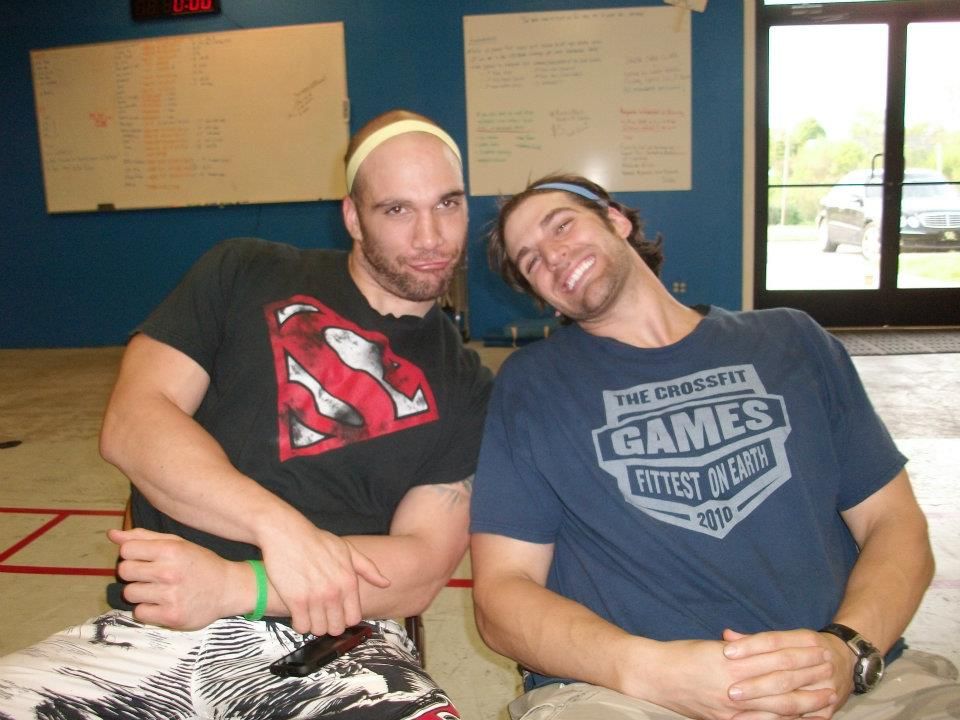A Curious Case for the Morality of Fitness
A few months ago, I blindly stumbled upon a podcast that scratched a yet-to-be-cured itch. And a philosophically profitable misstep it was. This was my first introduction to Jordan Peterson. Peterson is a clinical psychologist and professor of psychology at the University of Toronto (formerly tenured at Harvard). In 1999, he authored Maps of Meaning: The Architecture of Belief , a book I’m currently slogging my psychologically-ignorant self through. But lately, he’s garnered more acclaim, among other things, for his lectures on The Psychological Significance of the Biblical Stories. It’s from one of these talks that I attempt bridging my clearly biased notions to his.
During the lecture, Peterson discusses research pertaining to the social behavior of rats at play. The researcher, Jaak Panksepp, discovered a ‘play mechanism’ existing within the brains of juvenile rats (he also discovered that rats giggle!). These young rats roughhouse and tumble with both larger and smaller opponents. Individual rats win this game by ‘pinning’ the other. Simple enough, right? However, and this is where it becomes curious to me, for the game to continue in the future, the weaker of the wrestling rats must ‘win’ at least 30 percent of the time. If not, he quits playing. In fact, when rats experience excessive winning or losing, the game effectively ends quelling all future play. Is this an argument for Mickey Mouse morality? Maybe.
Distilling Peterson thoughts into something more digestible – life isn’t a singular game. It’s a set of games. To receive invitation to the game today, tomorrow, and in all the days that follow, one must ‘play’ – winning and losing – so that they’re permitted to participate in the next 100 games. In other words, for rats or otherwise, some moral rules of engagement apply beyond today’s game.
How does a group of playing rats relate to fitness? For me, this points to an argument for what Peterson calls a meta-truth. A transcendent truth, if you will. While we aren’t rats, the same morally conscious behavior can be applied broadly to our capricious pursuits of fitness. Like the rats, our game – fitness, in this case – isn’t a singular day, test or workout. It’s a set of training days over the course of our exercising lives. We must participate – win and lose – so that we’re permitted to continue training throughout the next 100 cycles. Granted, we aren’t directly competing with our buddies. Instead, we wrestle to find balance between our two-headed ego – the current one demanding a PR-at-all-costs today and the future one hoping for physically vibrancy 10 years from now. Both selves need to win often enough to strike a healthy balance. This means we must avoid viewing today’s success or failure in a vacuum.
To be clear, this is a far cry from a nod at mediocrity. Instead, it’s a call to action for high-order thinking, an intellectual fitness. If we win today at the cost of all tomorrows, how meaningful is winning?
Perhaps, there’s such a thing as fitness morality…perhaps not. Regardless, I believe the line of thinking to be an extension of a bigger one. But, when we whittle at our behaviors daily, they’re wont to assume a recognizable pattern. I realize the philosophical leap I’m taking. Regardless, it seems pertinent and worthy of thoughtful investigation. Jordan Peterson, my philosopher king, might advise us to live in accordance to the rules which we would have become universal law. In other words – live and stand in our own truth. Besides fitness, what might we achieve if we started playing all life’s games this way?
And that’s the moral of the story,
G-
Dr Jordan B Peterson, Professor of Psychology & Clinical Psychologist. (n.d.). Retrieved September 01, 2017, from https://jordanbpeterson.com/
J. (2017, June 06). Biblical Series III: God and the Hierarchy of Authority. Retrieved August 30, 2017, from https://www.youtube.com/watch?v=R_GPAl_q2QQ&t=5932s
Social deprivation and play in rats1. (n.d.). Retrieved August 30, 2017, from http://www.sciencedirect.com/science/article/pii/S0163104780910778
The post A Curious Case for the Morality of Fitness appeared first on 10 Experience.
Previous Posts









